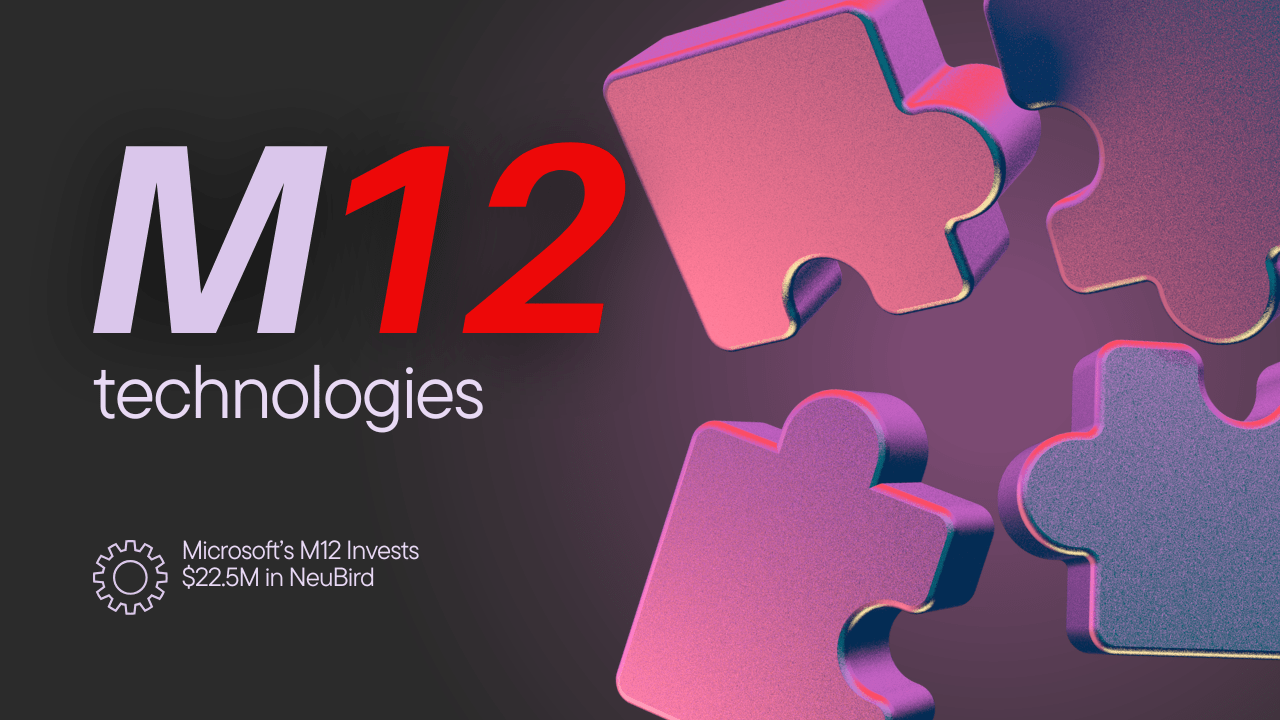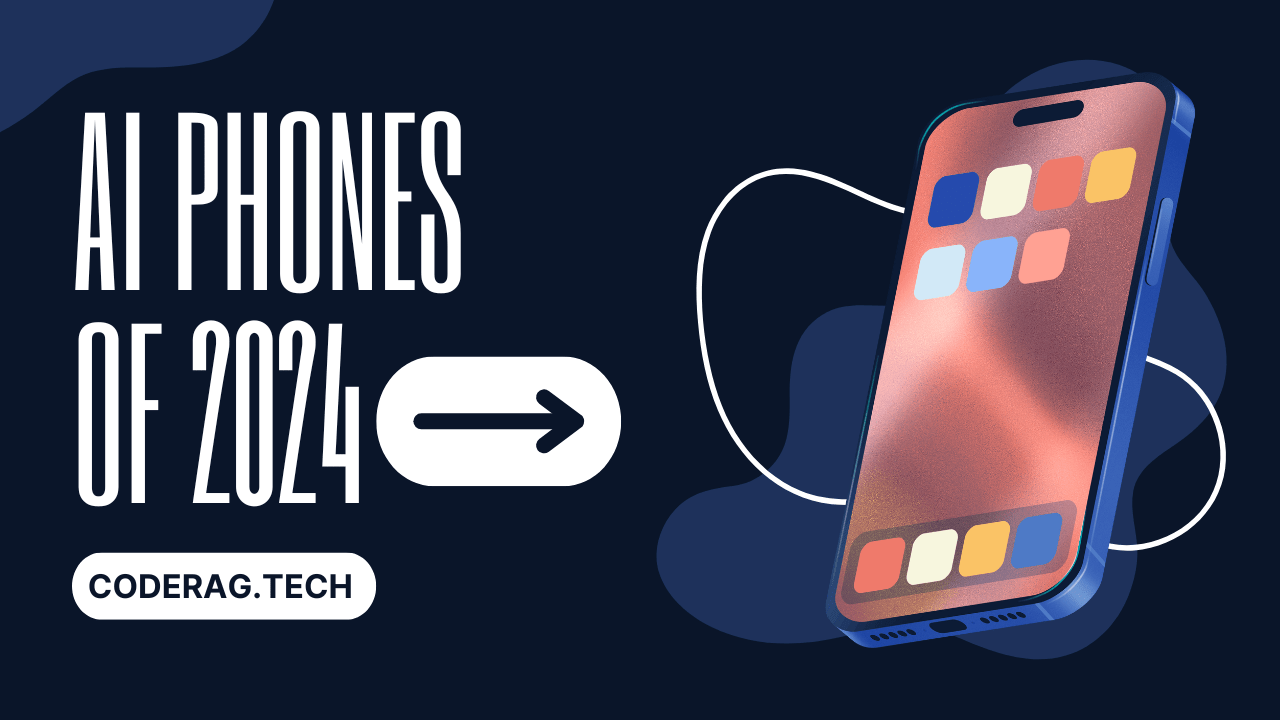AI Trends: Key Innovations and Insights Shaping the Future
Estimated reading time: 5 minutes
- The rise of advanced reasoning models.
- Increased collaboration between AI and humans.
- Significant advancements in science and healthcare.
- Growing importance of responsible AI and regulation.
Table of Contents
- 1. AI Reasoning and Advanced Models
- 2. Collaborative and Agentic AI
- 3. Generative AI & Workplace Transformation
- 4. AI in Science and Healthcare
- 5. Responsible AI and Regulation
- 6. SEO and AI-Driven Marketing
- 7. AI Hardware and Infrastructure
- Conclusion: The AI Future
1. AI Reasoning and Advanced Models
One of the predominant trends in AI for 2025 is the development of advanced reasoning capabilities. These sophisticated AI systems can now perform complex tasks requiring logic and structured thinking, making them invaluable in fields such as legal analysis and scientific research. Companies are investing in both general-purpose frontier models, like OpenAI’s o1 and Google’s Gemini, and industry-specific expert AIs tailored for applications in healthcare and finance. Sources such as Morgan Stanley and Goldman Sachs highlight these developments.
Multimodal AI
Multimodal AI is gaining traction as it processes various data formats—text, visuals, and audio. This capability allows for more intuitive interactions and applications, enhancing user experience and engagement. For more insights on this trend, refer to McKinsey’s discussion on AI.
Custom Silicon & Hardware Innovations
The advancements in AI aren’t just about software; they also involve hardware innovations. With GPUs optimized for AI reasoning, organizations are experiencing faster processing times and more efficient deployment of AI models, key for organizations looking to enhance their technological capabilities (source).
2. Collaborative and Agentic AI
AI is no longer just a standalone tool; it is becoming a collaborative agent capable of working alongside humans and other AI systems. This trend encompasses “AI teams” that combine specialized agents to tackle complex problems. For instance, virtual labs with AI scientists collaborate on scientific discoveries—an innovation showcased by Stanford HAI.
Hybrid Workforces
The integration of AI in workplaces has surged, leading to hybrid workforces where AI tools complement human effort. This collaboration enhances productivity, marrying human creativity with machine efficiency, as discussed by Goldman Sachs and McKinsey.
3. Generative AI & Workplace Transformation
Generative AI continues to make waves across various industries, significantly enhancing workflows related to content creation, programming, and process automation. Enterprises are allocating larger portions of their budgets to these applications, eager to automate routine tasks and foster productivity, as noted by sources like Coursera.
Content Personalization
With its enhanced capability to generate personalized outputs, generative AI is revolutionizing sectors like education and marketing. By tailoring experiences to user intent, businesses can engage customers more effectively, ensuring higher retention and satisfaction (source).
4. AI in Science and Healthcare
The contributions of AI to science and healthcare are significant. With tools like AlphaFold2, which predicts protein structures, AI is advancing drug discovery and climate research. These innovations streamline the identification of life-saving drugs and sustainable materials, showcasing AI’s potential to contribute meaningfully to crucial sectors (source).
Healthcare Advancements
AI’s role in enhancing diagnostics, personalizing treatment, and accelerating vaccine development introduces efficiencies that can dramatically improve health outcomes. This is increasingly critical as we face complex health challenges globally—an insight explored by Microsoft News.
5. Responsible AI and Regulation
As AI technologies proliferate, ethical considerations and the need for regulation come to the forefront. With the establishment of regulatory frameworks in regions such as the EU, the focus is on developing AI systems that are not only effective but also transparent and equitable (source).
6. SEO and AI-Driven Marketing
AI is revolutionizing digital marketing and SEO, making processes more efficient and adaptive. Tools that anticipate shifts in search behavior enable businesses to optimize their content strategically. Moreover, AI-powered natural language processing is enhancing voice search capabilities, transforming how users access information (source).
7. AI Hardware and Infrastructure
The booming AI field is driving breakthroughs in computing infrastructure, including technologies such as photonic and quantum computing. As companies gear up to meet the extensive computational demands of AI, energy efficiency has emerged as a priority—critical for sustainable technology development (source).
Conclusion: The AI Future
As we navigate through 2025, these AI trends highlight a transformative phase in technology. From enhancing reasoning and collaborative efforts to promoting responsible AI development, the landscape is set for extraordinary changes that will significantly impact our lives and workplaces. Staying informed and adaptable will be crucial for leveraging these advances effectively.
Are you excited about these innovations? Dive deeper into our related content to explore the latest in AI and technology trends. Don’t forget to subscribe to our blog for regular updates and insights straight to your inbox!
Frequently Asked Questions
What are the significant trends in AI for 2025?
The significant trends include advanced reasoning models, collaborative AI, generative AI applications, advancements in healthcare, responsible AI development, and innovations in hardware and infrastructure.
How is AI transforming workplaces?
AI is transforming workplaces by facilitating hybrid workforces where AI tools complement human efforts, enhancing productivity and efficiency in various processes.
What ethical considerations are associated with AI?
With the rapid development of AI technologies, ethical considerations include transparency, fairness, and the need for regulatory frameworks to ensure responsible use of AI systems.



